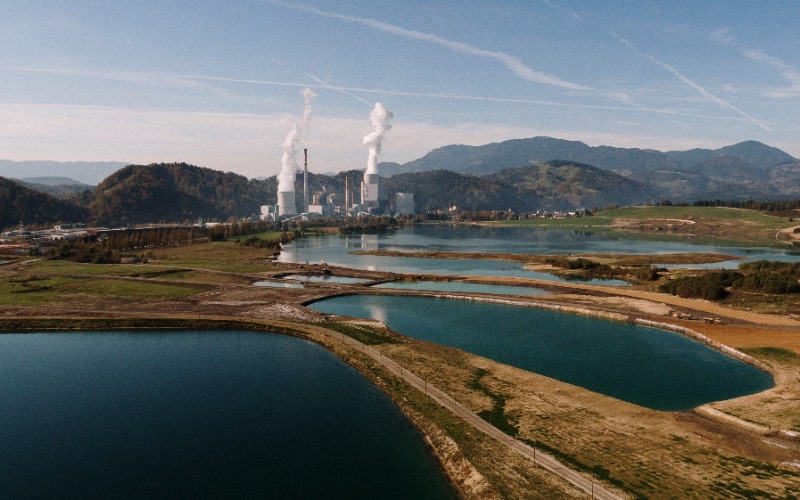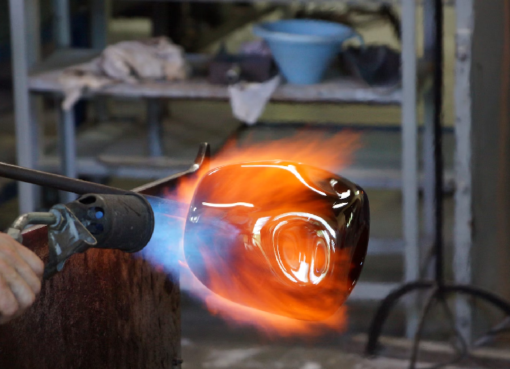Residential developers are turning to geothermal energy

As sustainable living continues to evolve from an idea to a priority, forward-thinking communities and developers are increasingly exploring innovative ways to reduce their carbon footprint and improve energy efficiency. One technology that is having a significant impact is geothermal heating and cooling. Unlike traditional HVAC systems, geothermal energy harnesses the Earth’s stable underground temperature to heat and cool homes efficiently, quietly and sustainably.
The Benefits of Geothermal Energy for Residential Communities
Geothermal heating and cooling systems offer a range of benefits that align with the desire for more energy-efficient and environmentally friendly living spaces. These systems use geothermal heat pumps to harness consistent underground temperatures, around 60 degrees Fahrenheit year-round, providing highly efficient heating and cooling. This leads to less energy consumption, a significant reduction in utility bills and a reduction in greenhouse gas emissions. By moving away from fossil fuel-based systems, geothermal energy helps reduce reliance on non-renewable resources and provides a cleaner alternative.
For residents, geothermal systems not only contribute to environmental conservation but also provide financial incentives. Despite a higher initial installation cost, homeowners benefit from substantial savings over time. Studies show that geothermal systems can reduce heating and cooling costs by 40 to 60 percent, and with a 30 percent federal tax credit available, homeowners often experience a positive return on investment over the first few years. years.
Geothermal energy at work: the case of Trilith
The town of Trilith, Georgia is an example of a residential community that has fully embraced geothermal energy. This award-winning community south of Atlanta was designed with sustainability as a cornerstone, implementing a range of eco-friendly practices, from green spaces to energy-efficient homes. Trilith’s commitment to minimizing environmental impact includes offering geothermal heating and cooling as standard in every residence.
Trilith’s Director of Residential Development, Brett Baker, notes, “Green living at Trilith goes beyond just building a house; it’s about creating a complete lifestyle that respects and preserves the environment. To achieve this, each home follows rigorous sustainability standards, including low-toxic materials, advanced filtration systems and geothermal energy. In a community where homes are close together, geothermal technology also helps eliminate the need for noisy and unsightly outdoor HVAC units, improving both aesthetics and tranquility.
Why geothermal energy makes sense for residential developers
For developers, the choice to invest in geothermal is not only about reducing costs, but also about creating an elevated living experience that attracts environmentally conscious buyers. Communities like Trilith demonstrate that sustainable design can attract residents looking for energy-efficient and lower-maintenance living options.
The sustainability of geothermal systems also plays an important role in their appeal. Geothermal heat pumps, which can last twice as long as traditional HVAC units, offer both savings and reliability, providing protection against rising energy costs over the years. Additionally, the flexibility of installation (where the entire system is housed indoors) makes geothermal systems ideal for modern, compact developments focused on walkability and land use minimization.
A look to the future
As communities increasingly emphasize the value of sustainability, geothermal heating and cooling are expected to play an even greater role in residential design. For developers like those behind Trilith, geothermal energy not only supports environmental goals, but also improves quality of life. It’s a solution that benefits residents today while paving the way for greener, more resilient communities in the years to come.
In summary, geothermal heating and cooling are more than just an ecological improvement: they represent a tangible step toward a sustainable, efficient and forward-thinking approach to residential development. For homeowners and communities alike, switching to geothermal energy is an investment in a healthier planet and a smarter, quieter, more sustainable way of living.



Leave a Comment